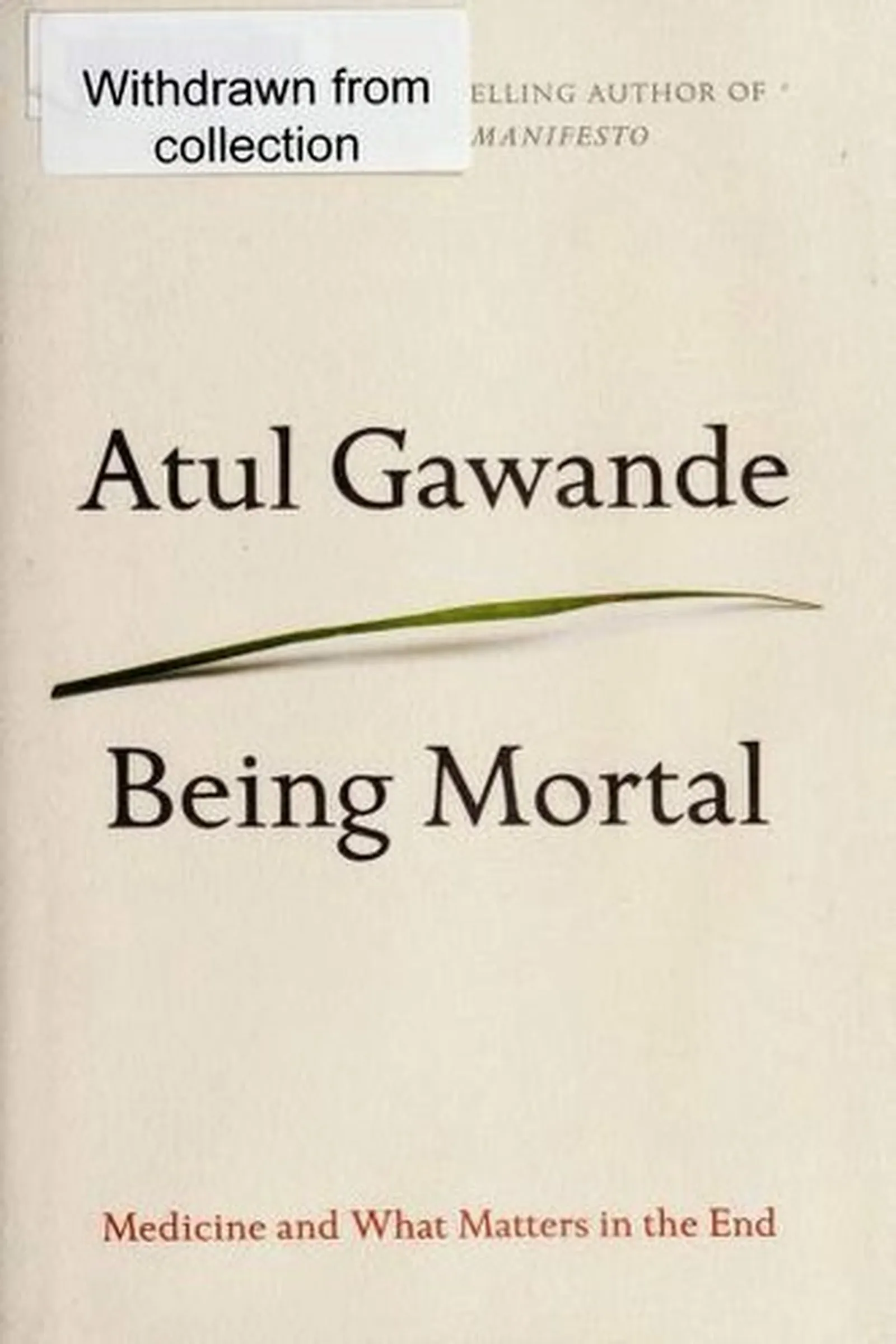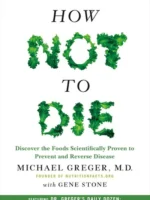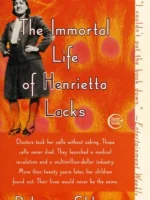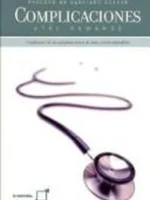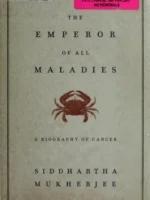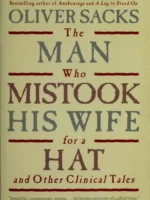Being Mortal, Atul Gawande, 2014
- Author: Atul Gawande
- Genre: BioMedicine
- Publisher: Metropolitan Books
- Publication Year: 2014
- Pages: 304
- Format: Paperback
- Language: English
- ISBN: 978-1250077031
- Rating: 4,4 ★★★★★
Being Mortal Review
About
Published in 2014, Atul Gawande’s Being Mortal: Medicine and What Matters in the End is a compassionate, lucid exploration of aging, death, and the limits of modern medicine. A surgeon by training, Gawande confronts the uncomfortable truth that medicine often prolongs life without improving it. The book isn’t morbid—it’s deeply humane, asking how we can make the end of life dignified, meaningful, and our own. It’s both memoir and manifesto, urging doctors and families to shift from “fighting death” to “supporting life.”
Overview
Gawande interweaves research, case studies, and personal experiences—especially his father’s illness—to examine how medicine handles decline. From nursing homes to hospice care, he traces the evolution of how societies treat the elderly and terminally ill. His central question: what does a good life mean when time is short? The answer isn’t found in machines or miracle drugs, but in conversation, autonomy, and the courage to define one’s own limits. The book is less about dying and more about living wisely until the end.
Summary
(light spoilers) Gawande begins by describing how the medical system, built to cure, often fails those it cannot. He visits assisted-living facilities, geriatric clinics, and hospices, observing how design and intention can either empower or infantilize people near life’s end. His own father’s cancer becomes a personal turning point: the challenge of choosing between treatment and comfort, between hope and honesty. Gawande shows that good care means asking not “What’s the matter with you?” but “What matters to you?” The book closes on a note of quiet acceptance—death as an inevitable part of being mortal, not a failure to be prevented.
Key Themes / Main Ideas
• Autonomy and dignity — control over one’s own decline.
• Medicine and humility — knowing when to treat and when to listen.
• Family and courage — the strength to have honest conversations.
• Aging as design problem — architecture and policy shaping human experience.
• The meaning of care — helping people live the best possible day, even at the end.
Strengths and Weaknesses
• Strengths — Clear-eyed compassion; storytelling that bridges science and emotion.
• Strengths — Gawande’s honesty makes the book deeply relatable for both doctors and families.
• Weaknesses — Some repetition of ethical arguments; readers seeking philosophical depth may find it pragmatic rather than poetic.
• Weaknesses — A few anecdotes feel anecdotal more than analytical, but the sincerity wins out.
Reviewed with focus on themes, audience, and takeaways — Atul Gawande
| pa_author | Atul Gawande |
|---|---|
| ISBN | 978-0-249-66670-5 |
| pa_year | 1952 |
| Pages | 220 |
| Language | English |

